
Five things you need to know this week about global education
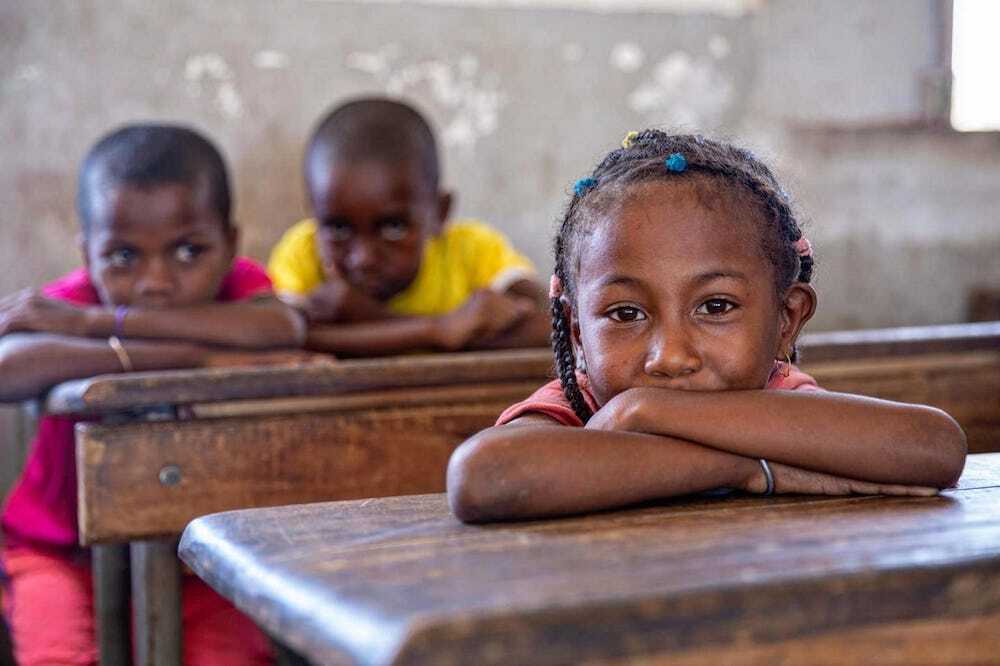
Children in conflicts, Early childhood development, Education in emergencies, Girls' education
How Education Cannot Wait has helped five million children in five years - and Mexico prepares to reopen schools shut down since March 2020.
Helping children in crisis-hit countries
Education Cannot Wait – the global fund for education in emergencies – is marking five years of reaching children in some of the world’s hardest-hit conflict and disaster zones.
The initiative was launched in 2016 after Theirworld played a key role in campaigning to close a major gap in humanitarian funding for education. At the time, less than 2% of humanitarian aid went to education despite the fact 75 million children are deprived of learning in crisis areas.
ECW has now helped five million children in 38 countries but said it could reach 16 million if all of its multi-year programmes were fully funded. And the ambitions go even further.
“The vision is to reach at least two-thirds of the children and youth – of whom 50% are girls – in the most crisis-affected parts of the globe and secure for them an inclusive, continued quality education,” said Yasmine Sherif, Director of Education Cannot Wait.
“But this will require making education in emergencies and protracted crisis a top-priority for financing by governments, the private sector and philanthropists.”
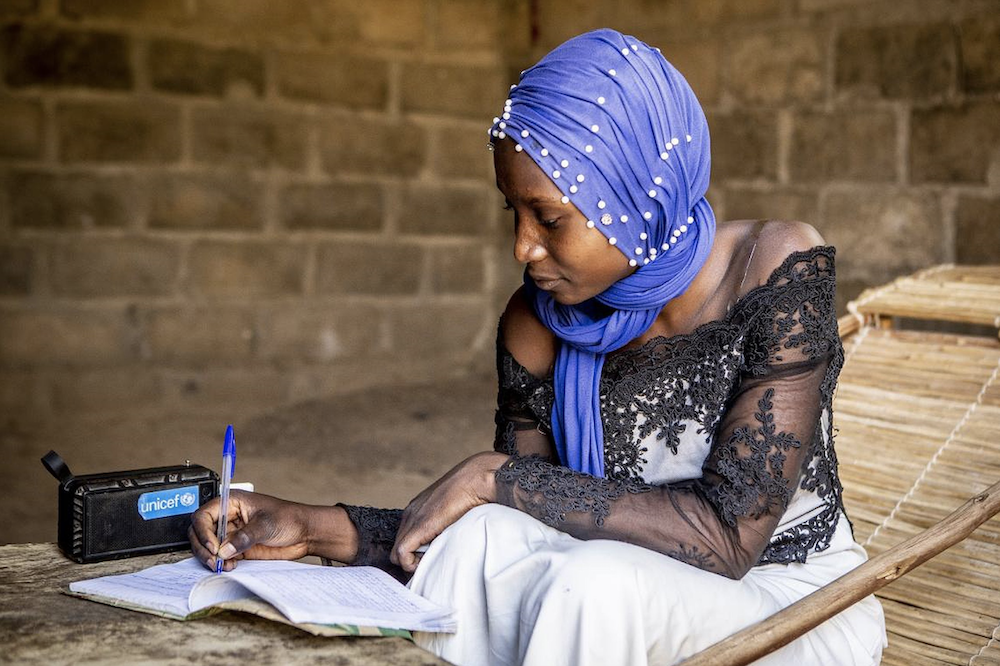
Aichata, 15, listens to a lesson on her solar-powered radio as she studies at her home in Segou, Mali (UNICEF / Keita)
One current example of ECW’s work is in Mali, where solar-powered radios are helping conflict-affected children continue their learning during the pandemic. Aichata, 15, from Ségou, was given an ECW-funded radio by UNICEF to allow her to continue learning outside school hours and make up for time lost during school closures.
She said: “I could attend classes with this radio. It helped me catch up with my studies.”
Theirworld President Justin van Fleet said: ““If we build on the efforts that saw the landmark creation of ECW in 2016, the situation in 2030 need not be as desperate as projections predict.
“If we engage all actors, it is within our reach to ensure every child is in a safe school receiving a quality education.”
Theirworld has produced a practical guide for governments, donors and philanthropists to fund quality, inclusive education for all by 2030. Read the Education Finance Playbook.
Mexican schools to reopen after a year
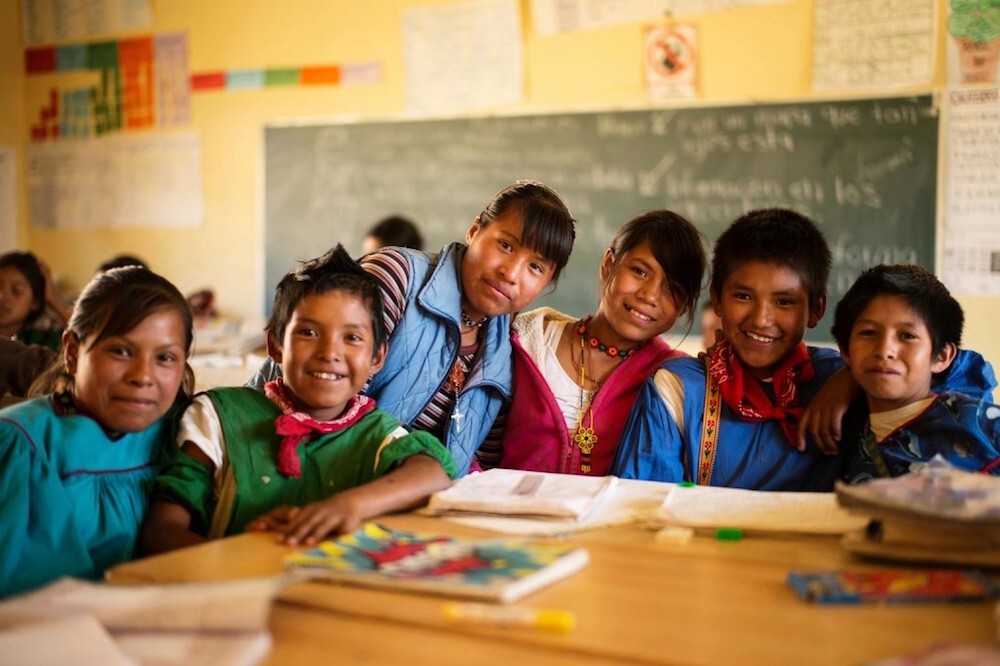
Schools in Mexico are set to return to in-person classes next month (UN Photo)
Schools across Mexico are getting set to reopen for the first time since they were closed by the pandemic in March 2020.
Teachers and parents are cleaning classrooms ahead of the big day on June 7, after between 40% and 50% of schools reported vandalism or theft.
“We come to support the school so that everything is clean for the return of children to classes,” said Rosa Miron, one of several mothers cleaning a school in Mexico City.
New York City and Los Angeles – the two largest public school districts in the United States – have announced plans to fully reopen schools. Some of New York’s 1.1 million students have split their time between school and home, while others are still being taught only at home. Neither of these options will be offered from September.
In Los Angeles County, all 600,000 students in elementary, middle and high schools will also be allowed to attend class full time after the summer – but with the option to stay at home.
Cartoon kids help early learners
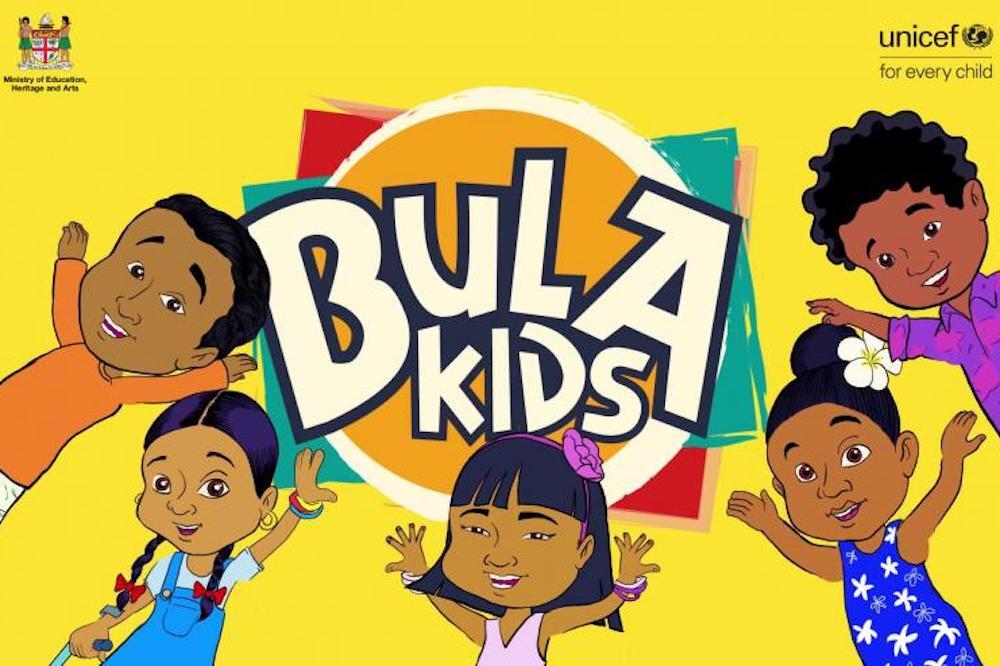
Bula Kids is an animated TV series that uses the power of multimedia to build children’s learning and life skills (UNICEF)
An animated TV series will help to build learning and life skills for young children in Fiji whose early education has been disrupted by the pandemic.
Bula Kids features five children who portray the country’s diversity. The show will focus on such topics as the alphabet, colours, counting and music, as well as basic hygiene, which is the subject of the first episode on May 31.
Developed entirely within the country with local characters, content and languages, Bula Kids is aimed at children aged from two to six and their families.
The series was made through a partnership between the Fijian Ministry of Education, Heritage and Arts and UNICEF. Government minister Rosy Akbar said: “While our children need to be home for their own safety, we are providing a platform for children to learn, and also parents to get directly involved in the learning process with their children.”
Calls to teach climate change at school
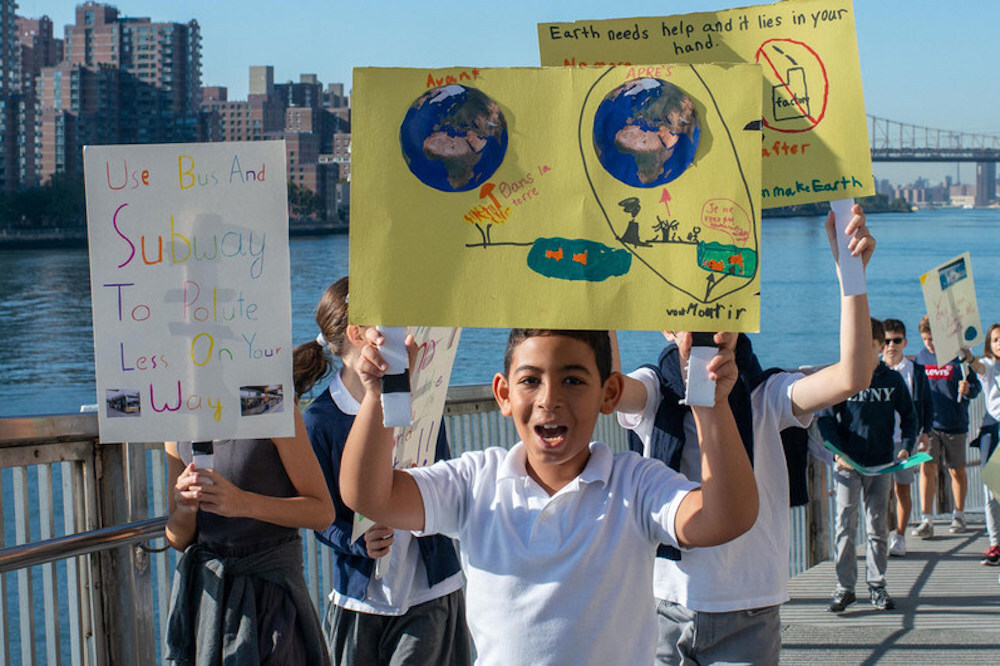
Pressure is building for schools to put climate change on the curriculum (UN Photo)
International bodies and pressure groups are calling for climate change studies to become a standard part of the school curriculum worldwide, saying the step is vital to reach targets on cutting greenhouse gas emissions.
UNESCO has said environmental studies should be standard teaching in all countries by 2025. But some environmental lobbies and politicians claim that goal is too timid. Italian lawmaker Lorenzo Fioramonti, a former education minister, said: “Without faster progress on education there will be no chance of achieving the goal of net zero carbon emissions by 2050.”
New Zealand recently introduced climate change studies into its secondary school curriculum and other countries such as Argentina and Mexico have taken preliminary steps to do the same.
Theirworld’s online advocacy resource The Key has a section on Education and Climate Change, which has facts and key talking points for campaigners.
Myanmar 'suspends 125,000 teachers'
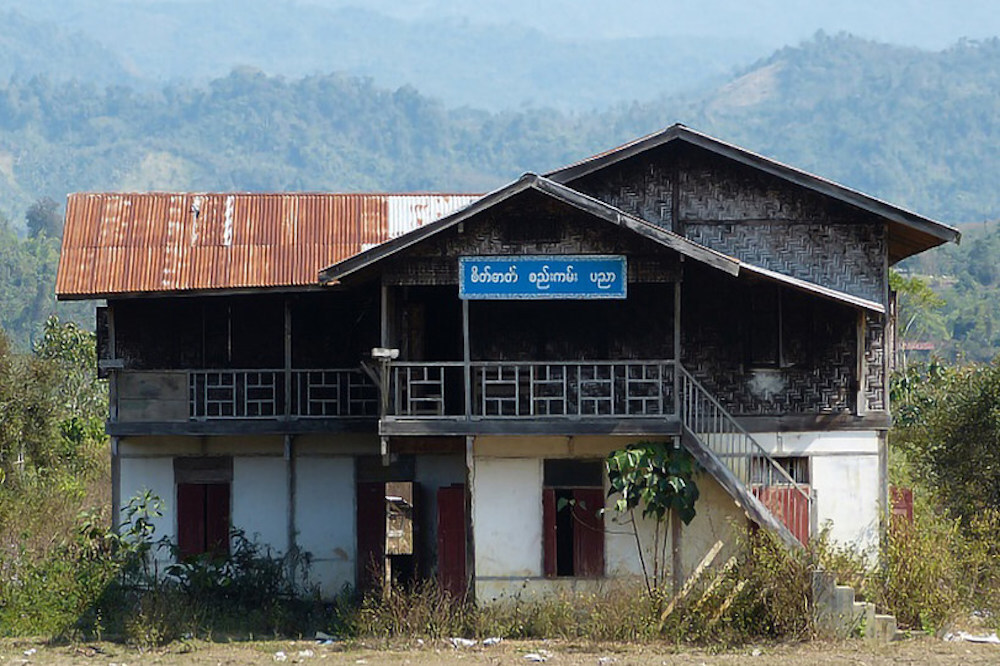
Attacks on places of learning and education staff and the occupation of education facilities mean children have been unable to learn (OCHA / Eva Modvig)
More than 125,000 school teachers in Myanmar have been suspended by authorities for joining a civil disobedience movement to oppose the military coup in February, a teachers’ federation official said.
The move came days before the start of a new school year, which some teachers and parents are boycotting as part of the campaign that has paralysed the country since the coup cut short a decade of democratic reforms.
Myanmar had 430,000 school teachers according to the most recent data from two years ago. The country’s education system was already one of the poorest in the region and ranked 92 of 93 countries in a global survey last year.
The unnamed official, who is also a teacher, told Reuters news agency: “These are just statements to threaten people to come back to work. If they actually fire this many people, the whole system will stop.”
More news

